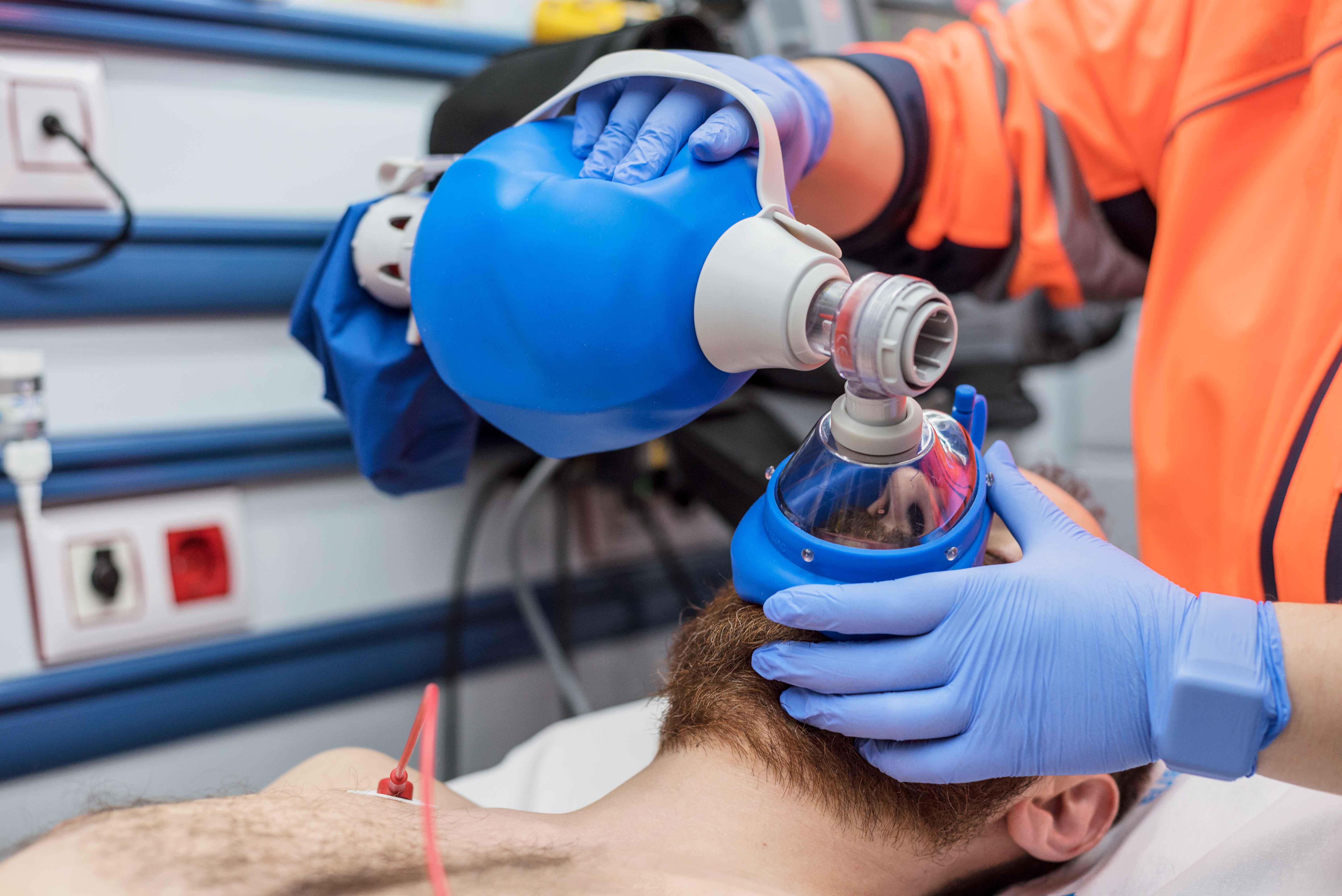What Is ACLS Certification for Nurses? A Complete Guide

Cardio-pulmonary and stroke emergencies represent some of the most serious medical events managed by healthcare professionals. With a variety of symptoms that can be influenced by age, gender, and ethnicity, nurses are often on the front line helping to prevent patients from turning into one of the more than 436,000 cardiac arrests known to occur in the United States per year.
Through intense research conducted by organizations like the American Heart Association, tremendous advances in practices backed by science have armed healthcare professionals with effective treatments and innovative interventions through Advanced Cardiac Life Support (ACLS). ACLS prepares nurses to recognize risk factors, signs, and symptoms of serious medical conditions while simultaneously supporting them in managing life-threatening emergencies.
The responses ACLS outlines are designed to be simple to remember and implement in high-stress situations, and they equip nurses with the most advanced techniques and information available. So, what is ACLS certification for nurses and how do you get it? Here’s everything you need to know to stay on top of this professional obligation and life-saving skill.
What Is ACLS?
ACLS stands for Advanced Cardiac Life Support, a set of evidence-based guidelines for managing adult patients experiencing cardiopulmonary or stroke emergencies. The American Heart Association has researched, developed, and refined these guidelines over decades to support healthcare professionals provide the highest quality of care at the first sign of trouble.
ACLS builds on foundational content taught in Basic Life Support (BLS) programs. For BLS, certification skills like chest compressions, ventilation, and use of the automated external defibrillator (AED) are mastered. Once comfortable with these skills, a nurse can dive into the advanced care taught in ACLS, incorporating medication administration, cardiac rhythm interpretation, and advanced electrical shock therapies.
It’s important to know that ACLS isn’t just about managing the patient in cardiac arrest. ACLS includes training on how to recognize patients at risk for cardiac arrest, identifying the signs of a cardiac or stroke emergency, intervening early to prevent cardiac arrest, and knowing what to do once a cardiac arrest patient has been saved. And while these are valuable skills for any nurse to acquire, some roles make this training mandatory.
Who Should Be ACLS Certified?
Any nurse working with adult patients in a clinical environment where ACLS resources are available should consider getting ACLS-certified. In particular, professionals who regularly work with advanced cardiac medications, cardiac monitoring, and automated or manual defibrillators where licensed healthcare providers may be expected to intervene in the case of a life-threatening emergency will need these critical skills.
Which Nursing Jobs Require ACLS?
If you’re a nurse looking to work with adult patients there is a good chance you will be expected to get your ACLS certification. Consider getting your ACLS certification ahead of time to give yourself an advantage over other potential candidates. ACLS is required for nursing jobs primarily in hospital settings, including:
- Emergency Department
- Critical Care
- Post Anesthesia Care Unit (PACU)
- Telemetry
- Procedural areas like Interventional Radiology or Endoscopy
- Cardiac Cath Lab
- High-Risk OB
- Step Down or Progressive Care
Types of ACLS Certification
The course you choose will depend on whether you are seeking initial ACLS certification or an ACLS renewal of your existing credentials. The first is comprehensive training while the second focuses on refreshing and updating ACLS knowledge and skills.
First-Time Learners
These courses cover a broad range of ACLS topics, including current standards and guidelines for Basic Life Support (BLS) and ACLS care, strategies for managing team dynamics, and a range of best practices for scenarios like:
- Ischemic stroke management
- Airway management
- Management of acute coronary syndrome (ACS)
- Advanced cardiac pharmacology
- Advanced interventions for cardiac arrhythmias
- Interdisciplinary communication in the setting of an emergency
- Post-resuscitation management
To become certified, participants will be required to pass a final assessment that is administered either in-person or online.
Renewals
Nurses renewing their ACLS certification can take a shorter course that brings them up to speed on the latest best practices and refreshes core elements of training. This includes updates to the science of resuscitation and noteworthy aspects of ACLS guidelines that have changed.
Importantly, all participants must pass the same final assessment as first-time learners to ensure they have retained their skills and knowledge.
Ways to Get ACLS Certified
If you’re a working healthcare professional, you’re probably extremely busy and need to complete your professional development requirements on a tight timeline. So, what is ACLS certification for nurses going to require and what’s the most efficient and effective way to get it?
ACLS certification can be accomplished in a couple of ways. Most require some didactic learning and validations of skills by demonstration, but now, a few can be completed entirely online. All ACLS certifications are valid for two years and can only be renewed by repeating the ACLS coursework.
Instructor-Led ACLS Courses
In-person courses are beneficial because participants will get to see live demonstrations and ask instructors questions as they arise. They will also have the opportunity to try skills out under the guidance of an expert and make corrections as they go along.
An instructor-led course is delivered over two days (8 hours each day), and nurses may need to take time off of work to complete certification. The final assessment may be administered on-site or at a separate testing location, and participants will have 120 minutes to complete it. These intensive sessions can be stressful, so make sure you’re well-rested and ready to excel on testing day!
Online ACLS Courses
There are now fully online options for both first-time learners and renewals that make it easier than ever for nurses to get life-saving ACLS training without needing to take time off of work or travel to a classroom.
These certifications are accepted nationwide and are 100% compliant with ACLS standards. The top courses offer engaging video content that can be reviewed at the learner’s convenience, a self-paced curriculum with supporting exercises, and a final assessment to complete the certification process. Adjudication and registration are handled completely online, so there are never questions about your status or follow-up tasks like logging your results.
Get Your ACLS Certification and Advance Your Career
What is ACLS certification for nurses going to do for your career? If you’re one of the thousands of healthcare professionals for whom ACLS certification is a job requirement, you’ll need to find a reputable course provider with availability that matches your busy schedule. And even if it’s not strictly required, ACLS training empowers you with valuable skills that can open professional doors and save patient lives.
Latest Posts


.png)


.jpeg)
